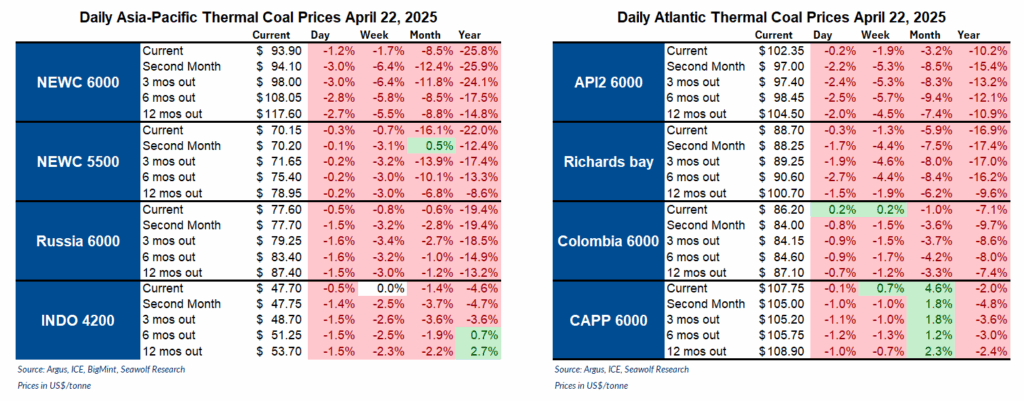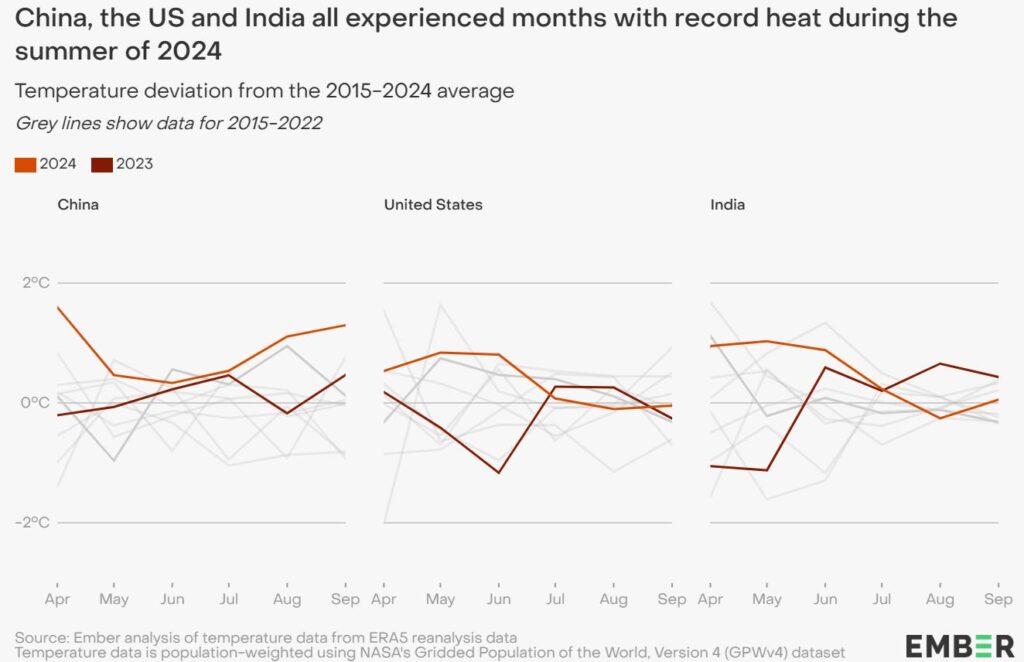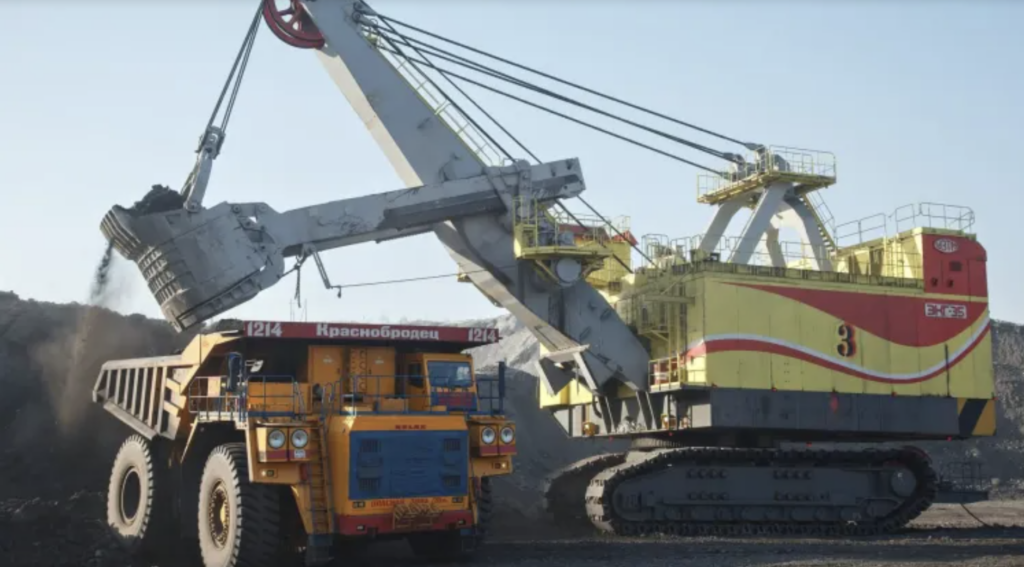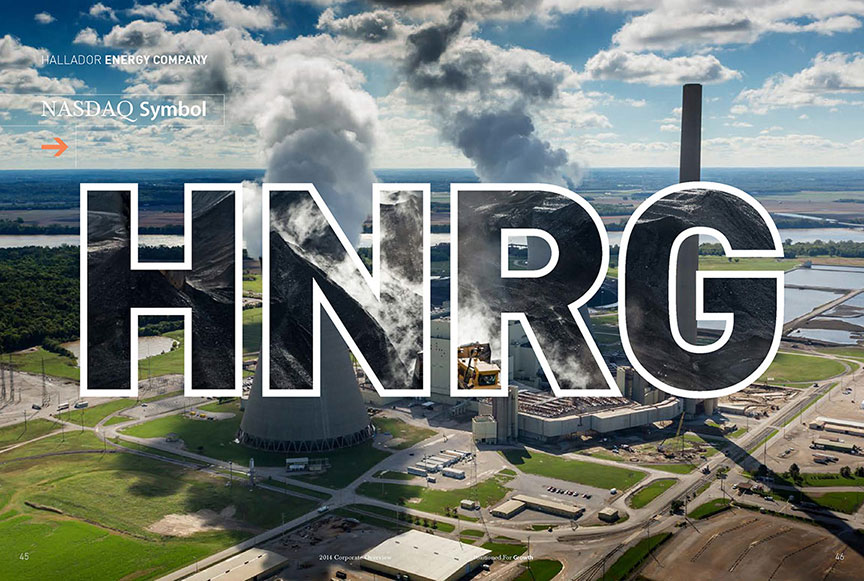In the latter half of 2024, the global market is anticipated to experience a significant shortage of Russian High-CV coal as exports continue to decline. The first half of 2024 saw a dramatic plunge in Russian coal exports, which fell to 99 million tonnes, representing a decrease of 9.5 million tonnes or 8.8% compared to the same period in 2023. This decline is largely attributed to critical logistical issues, international sanctions, depressed global prices, and high production costs, forcing many producers to export coal at zero or negative margins.
Due to railway restrictions affecting all export routes, Russian coal volumes are expected to be sold out until September-October 2024. The supply of Russian coal at ports in the Far East, as well as sea terminals in the North-West and South, has significantly shrunk over the last two months due to limited rail shipments. The Far East ports have seen rapid declines in coal deliveries due to active railroad modernization and scheduled seasonal maintenance on the Eastern range.
In the southern regions, the drop in coal shipments to ports is attributed to intensive seasonal passenger traffic and a shortage of trains. For instance, coal shipments to southern ports, including the port of Taman, have sharply declined. In July, Russian Railways (RZD) approved 3.2 million tonnes of coal shipments to southern ports, but exporters expect less than half of these planned volumes to reach their destinations due to rail restrictions.
Coal availability at southern ports is limited, with Taman receiving only half of its planned tonnages of 1 million tonnes in June, including both thermal and coking grades. Additionally, Taman has increased coal transshipment rates, prompting some exporters to consider temporarily suspending coal deliveries to the terminal, which could further exacerbate coal shortages in the market.
Northwest ports are also experiencing tight coal availability due to a significant reduction in rail supplies caused by a shortage of railcars and locomotives. In July, RZD approved 5.9 million tonnes in this direction, down from 7.7 million tonnes in June.
Despite growing demand from Turkey and India, Russian coal companies are finding it difficult to meet export deliveries and secure new contracts due to their inability to ensure coal exports to ports. Consequently, Russian exporters did not participate in the latest Turkish tender. Several Turkish energy companies had planned to purchase Russian High-CV coal at an indicative price of no less than $103 per tonne CIF Turkey, but were unable to obtain offers as all available material was sold out until September-October this year. Many consumers have complained about the lack of Russian coal tonnages on the spot market.
The increased demand is contributing to positive market sentiment, which could lead to higher prices, especially given the growing shortage of Russian High-CV coal. However, logistical issues remain a key limiting factor for Russian exporters, posing significant challenges in meeting the global demand for coal.










